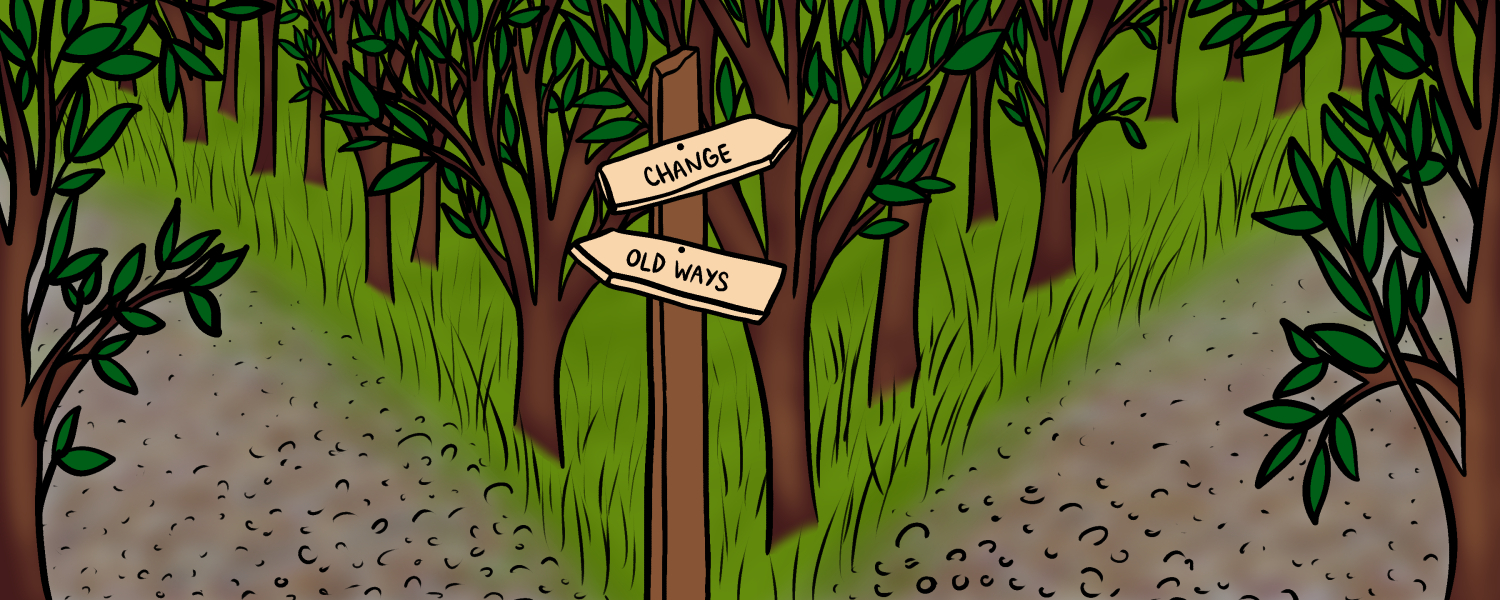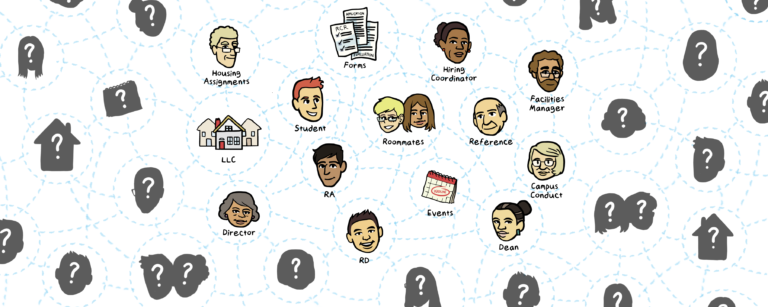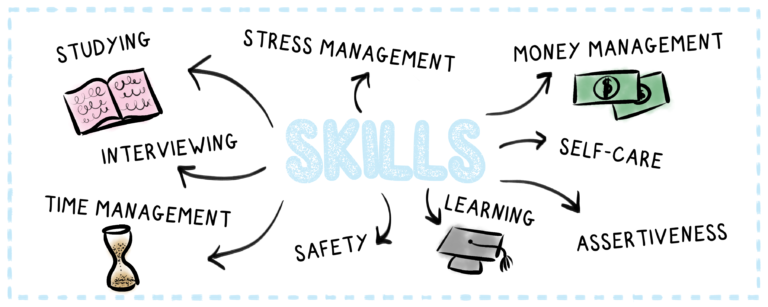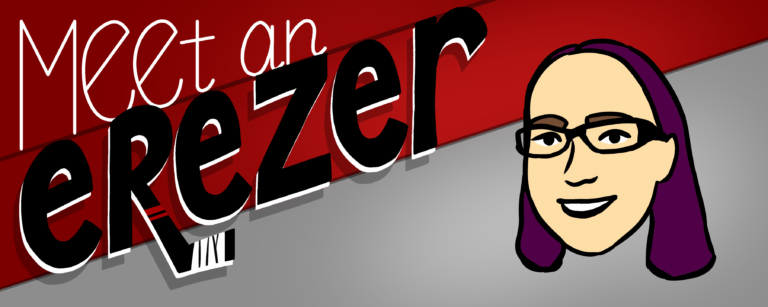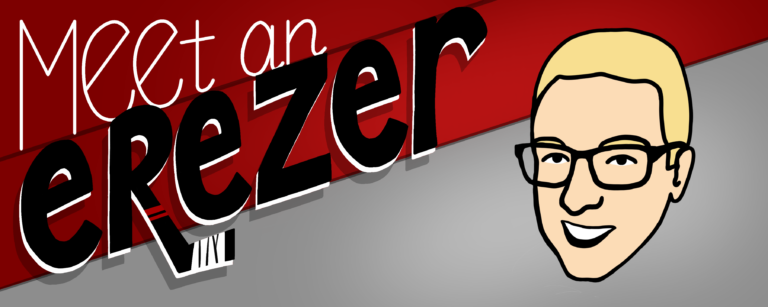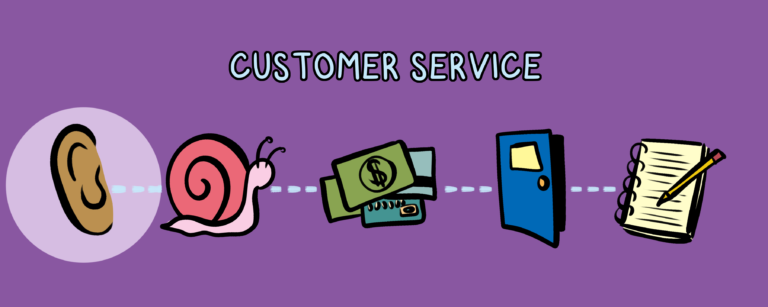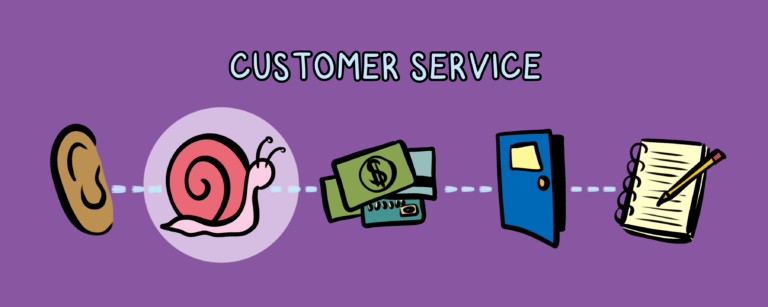A year ago, I embraced change and took a risk. I left the security of the institution I’d worked at for over 15 years. It was my alma mater, gave me the foundation that bloomed a passion for Residence Life, was the place where I met my partner, where I got married, where I held 6 different positions in the same department, and where I met lifelong friends. I left security, happiness, and comfort and embarked on a new adventure. As a student affairs professional, I’ve read multiple transition theories. I could understand what I was going through, but coping with the actual emotions was a whole new ballgame.
“The excitement of change quickly subsided and turned to resentment, questioning whether I’d made the right decision, and self-doubt. I felt like I’d lost a piece of my identity and struggled with the notion that so much of my identity was tied up in what I did.”
Embrace the Transition
On the eve of my one year anniversary at eRezLife, I know that many other professionals in Residence Life are going through transitions or know people who are embracing a transition. As much as you try to prepare for the change, it’s hard and challenges you in ways you never anticipated. I feel by sharing experiences, we know that we’re not alone. I can now reflect and report that I am a stronger and more well-rounded person. I persevered through the change and the discomfort. I didn’t give up but learned new ways of doing things, new strategies for coping, and took time to understand and adopt the new language. I’m so thankful for the team at eRezLife who are patient, answered my plethora of questions, and put up with (even embraced, in some cases!) the barrage of new ideas. They were empathetic, compassionate, and honest with me, thereby allowing me to take the time I needed to adjust.
Ugly Crying Happens
A year ago, I started along my new path. I started working from home for a software company, supporting professionals who work in the field that I love. It felt like a different world with a different language. My emotions were all over the board: excitement, anxiety, overwhelm, gratefulness, and loneliness. The excitement of change quickly subsided and turned to resentment, questioning whether I’d made the right decision, and self-doubt. I felt like I’d lost a piece of my identity and struggled with the notion that so much of my identity was tied up in what I did. I am not ashamed to admit that I cried daily (sometimes multiple times). I considered quitting, and I took out my frustrations on those I care about most. While you may be thinking eRezLife is an awful place to work, it’s not! I know that this is the right place for me, and I’ve found my way to belong. It was the journey that has allowed me to see that.
Top 4 Tips for Adjusting to a New Work Environment:
Don’t compare
I know it’s human nature to compare ourselves to others constantly. That said, when transitioning, it’s not helpful. Your colleagues will be faster, can answer questions more easily, and may even feel comfortable faster. Go at your own pace, and understand the value you bring.
Allow time
Change is hard- we all know that. But we often assume that we will be over the transition quickly. It took me almost 9 months to feel satisfied and happy with my new role.
Read “The First 90 Days” by Michael D. Watkins
That’s it… just read it. You can thank me later.
Talk about it, when appropriate
Find a colleague you can confide in about your work struggles and a friend who is willing to listen when you need to vent about the journey. Sharing with others will help you understand if your challenges are normal or if they’re something more concerning. Ask questions. Once you stop worrying about annoying your colleagues, you’ll see the benefit. Ask about the work you’re doing but also about the people that you work with.
Be Firm, Fair and Friendly
As you ready yourself to either embark on a new adventure or welcome new staff, students, or colleagues to your institution, be firm, fair, and friendly (as one of my former directors used to say). Be firm about your goals, and remember why you chose the opportunity or the candidate; be fair about timelines, expectations, and relationships; and be kind to one another. Transitions are like a roller coaster: there will be ups and downs; sometimes you’ll want to scream, cry, or throw up, but in the end, you get off of the ride with a smile on your face and a desire for more.
